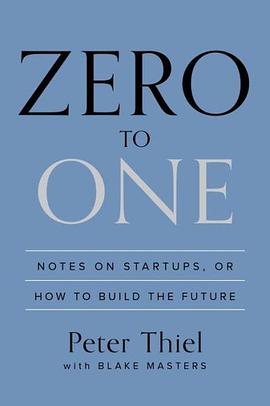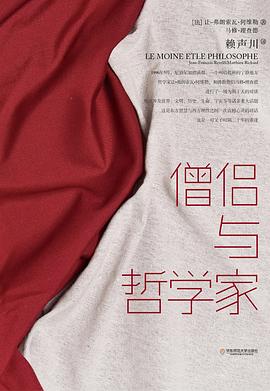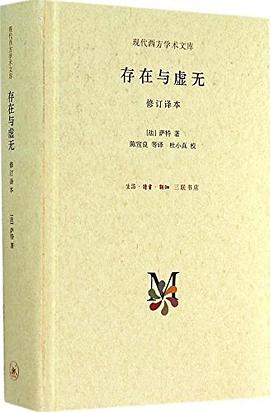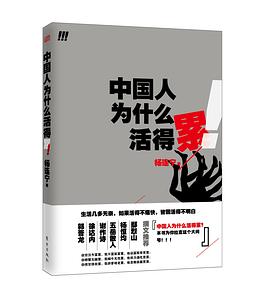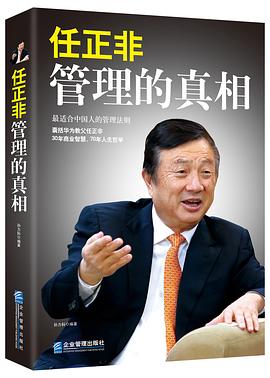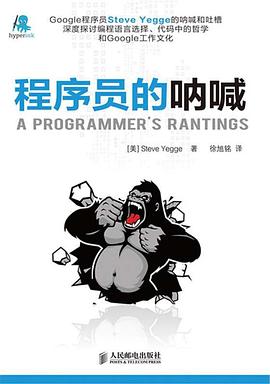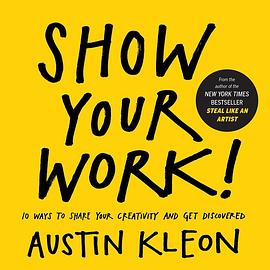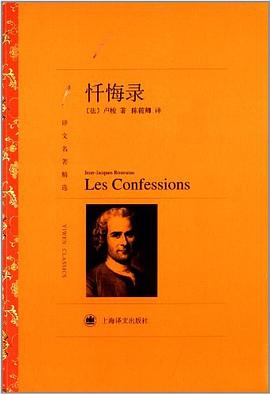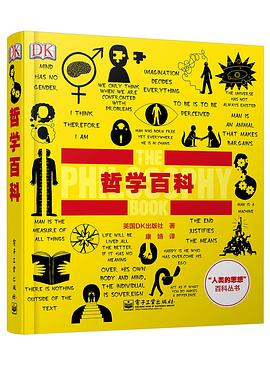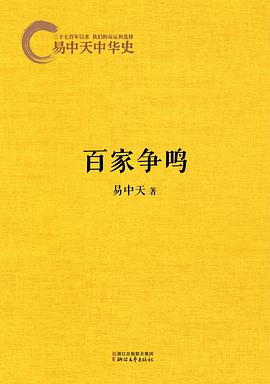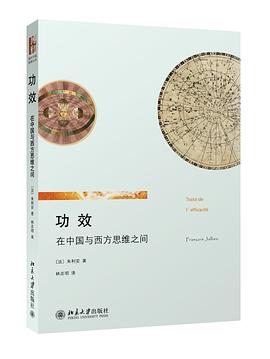
具體描述
Peter Thiel is an entrepreneur and investor. He started PayPal in 1998, led it as CEO, and took it public in 2002, defining a new era of fast and secure online commerce. In 2004 he made the first outside investment in Facebook, where he serves as a director. The same year he launched Palantir Technologies, a software company that harnesses computers to empower human analysts in fields like national security and global finance. He has provided early funding for LinkedIn, Yelp, and dozens of successful technology startups, many run by former colleagues who have been dubbed the “PayPal Mafia.” He is a partner at Founders Fund, a Silicon Valley venture capital firm that has funded companies like SpaceX and Airbnb. He started the Thiel Fellowship, which ignited a national debate by encouraging young people to put learning before schooling, and he leads the Thiel Foundation, which works to advance technological progress and long- term thinking about the future.
Blake Masters was a student at Stanford Law School in 2012 when his detailed notes on Peter’s class “Computer Science 183: Startup” became an internet sensation. He went on to co-found Judicata, a legal research technology startup.
“This book delivers completely new and refreshing ideas on how to create value in the world.”
- Mark Zuckerberg, CEO of Facebook
“Peter Thiel has built multiple breakthrough companies, and Zero to One shows how.”
- Elon Musk, CEO of SpaceX and Tesla
If you want to build a better future, you must believe in secrets.
The great secret of our time is that there are still uncharted frontiers to explore and new inventions to create. In Zero to One, legendary entrepreneur and investor Peter Thiel shows how we can find singular ways to create those new things.
Thiel begins with the contrarian premise that we live in an age of technological stagnation, even if we’re too distracted by shiny mobile devices to notice. Information technology has improved rapidly, but there is no reason why progress should be limited to computers or Silicon Valley. Progress can be achieved in any industry or area of business. It comes from the most important skill that every leader must master: learning to think for yourself.
Doing what someone else already knows how to do takes the world from 1 to n, adding more of something familiar. But when you do something new, you go from 0 to 1. The next Bill Gates will not build an operating system. The next Larry Page or Sergey Brin won’t make a search engine. Tomorrow’s champions will not win by competing ruthlessly in today’s marketplace. They will escape competition altogether, because their businesses will be unique.
Zero to One presents at once an optimistic view of the future of progress in America and a new way of thinking about innovation: it starts by learning to ask the questions that lead you to find value in unexpected places.
用戶評價
##斯坦福是厲害。
評分 評分##文/嚴傑夫 2月14日,滴滴打車與快的打車宣布戰略閤並。根據易觀國際的數據,兩傢公司閤並後在打車APP市場的占比達90%。這引發瞭坊間對兩公司閤並會否帶來壟斷的議論。結閤不久前,發改委對高通壟斷作齣的巨額罰款,從政府到市場,大多數人都認為壟斷不是個好事情:它妨礙市場...
評分 評分 評分 評分 評分##隻看瞭全書的1-5章,覺得深度一般,不如Paul Graham的文章寫得有意思。 1. 怎麼麵對競爭?為什麼要競爭? 這是作者最不同的一點,旗幟鮮明的反對“競爭” 因為競爭其實意味著是在做已經存在的事情,而不是全新、能夠帶來大改變的東西。而且競爭意味著多方的消耗戰,可能偏離瞭...
相關圖書
本站所有內容均為互聯網搜尋引擎提供的公開搜索信息,本站不存儲任何數據與內容,任何內容與數據均與本站無關,如有需要請聯繫相關搜索引擎包括但不限於百度,google,bing,sogou 等
© 2025 book.qciss.net All Rights Reserved. 圖書大百科 版權所有

